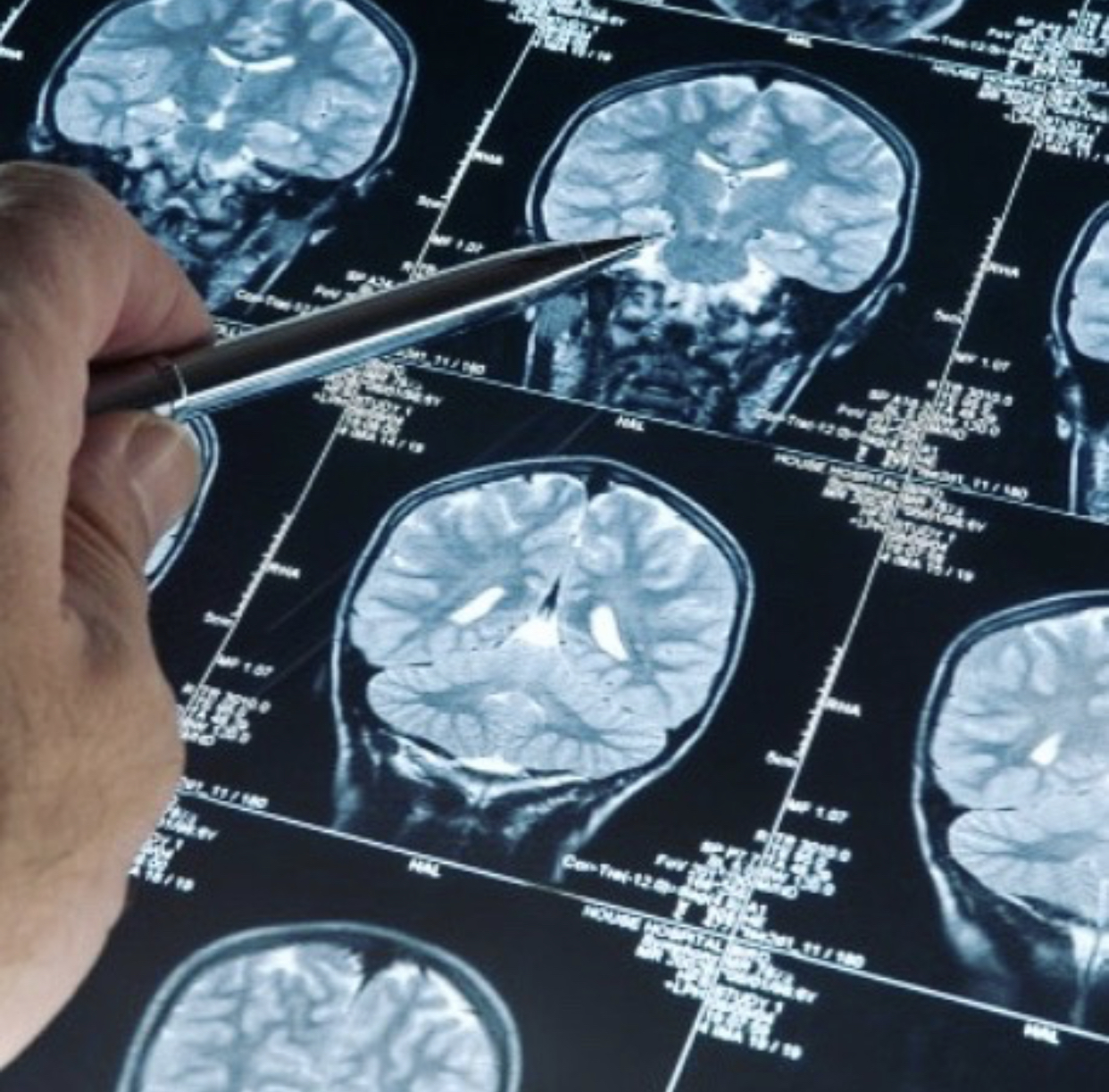Feelings are certainly heightened, to say the least! We join with our global neighbours to face what feels like the first crisis of this kind and look for leadership figures to guide the way. We turn our attention to politicians, CEOs, headmasters and the like to outline next steps but have you ever wondered what happens to the brain during times of panic? How are the heightened feelings of anxiety impacting these people’s ability to make effective decisions and perform in the short and long term?

Decision-making is a cognitive process that involves choosing between certain alternatives by weighing up pros and cons. This capability lives in the prefrontal cortex (in the frontal lobes) as do many other higher-order cognitive skills including long-term planning, emotional regulation, problem-solving, understanding consequences and considering risk and reward. Anxiety is hugely disruptive to the brain neurons in this area that are critical for effective decision making. This is troublesome as essentially what we are saying is that during a stressful time when the decisions one makes are paramount, the very experience of that stress can compromise their ability to make good decisions.
Researchers at the University of Pittsburgh delved into the impact of anxiety on decision making in order to better understand how anxiety impacts the prefrontal cortex in decision making. They found that anxiety suppressed activity in the prefrontal cortex neurons and weakens the encoding by the dorsomedial prefrontal cortex neurons, a subgroup of neurons whose role is to code information and rules for decision making. Researchers concluded that anxiety often leads to bad decision-making with one of the researchers explaining “this study shows that anxiety disengages the brain cells in a highly specialised manner.”
And so it creates quite the predicament for our leaders during a crisis. In times like these we look to them for a response that is in line with our own emotional experience failing to realise that the more emotive and drawn into panic they become, the more their decision making ability dwindles. Having said that we trust that our leaders are capable, self-aware and insightful to manage themselves and deal with the situation at hand in the best way possible.


